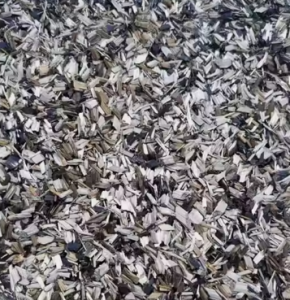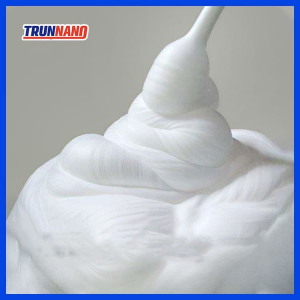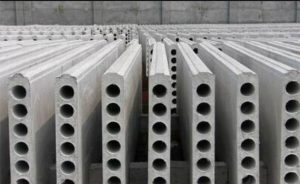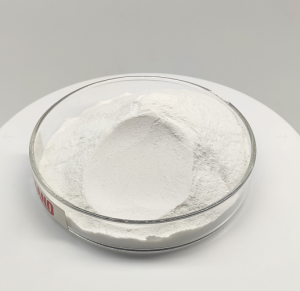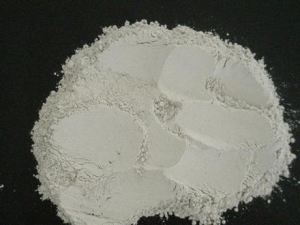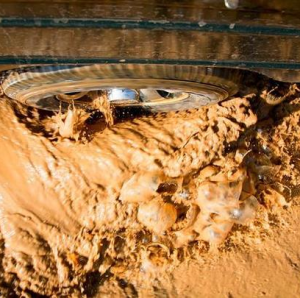Professional solutions on concrete addtives, Concrete Foaming Agent, Superplasticizer, CLC Blocks Additives, and foaming machine
What is potassium silicate?
Potassium silicate (chemical formula: K₂O·nSiO₂) is a water-soluble inorganic compound belonging to the silicate family, typically existing in liquid or powder form. Its core components are silicon dioxide (SiO₂) and potassium oxide (K₂O), which combine through chemical reactions to form a material with unique properties.
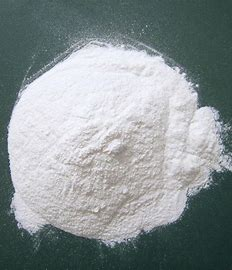
The three core characteristics of potassium silicate
High adhesion: It can firmly bond materials such as concrete, metal, and ceramics.
High-temperature resistance (above 1000°C): Suitable for fireproofing and fire-resistant applications.
Corrosion resistance, environmentally friendly, and non-toxic: Can replace certain organic materials (such as epoxy resin), offering a greener and safer alternative.
The 6 main functions of potassium silicate
1. The “universal adhesive” of the construction industry
Enhancing concrete: Improves strength, water resistance, and extends the lifespan of structures.
Waterproofing projects: Used for moisture-proofing in basements, tunnels, etc.
Fireproof coatings: Applied to steel structures to form a ceramic layer that resists combustion at high temperatures.
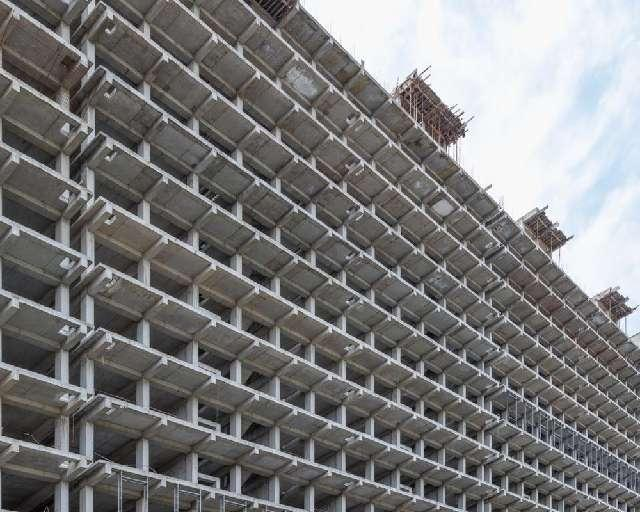
2. The “invisible armor” of industrial corrosion protection
Ship and bridge corrosion protection: Resists seawater corrosion and lasts longer than traditional paint.
Chemical plant protection: Resists acid and alkali corrosion, protecting storage tanks and pipelines.
3. “Plant bodyguard” for agriculture
Foliar fertilizer: Provides silicon to enhance crop disease resistance and lodging resistance.
Soil improvement: Regulates acidity and alkalinity, reduces heavy metal pollution.
4. “Cleaning agent” for environmental protection
Wastewater treatment: Adsorbs heavy metals (such as lead and cadmium) to purify industrial wastewater.
Construction Site Dust Suppression: Solidifies the surface soil after spraying to reduce dust.

5. The “Flux Agent” for Ceramics and Glass
Ceramic Glaze: Lowers the melting point to make the glaze smoother and more durable.
Specialty Glass: Used to manufacture heat-resistant glass (such as laboratoryware).
6. The “Hidden Helper” in Daily Life
Detergents: An eco-friendly cleaning aid that replaces phosphorus-containing components.
Welding rods: Used in coatings to improve welding quality.
Why is potassium silicate becoming increasingly popular?
Eco-friendly: Non-toxic and biodegradable, aligning with green development trends.
Multi-functional: Versatile application across industries from construction to agriculture.
Cost-effective: More economical than certain organic materials (e.g., epoxy resin).
Fun fact:
The ancient Romans used natural silicates to build the Pantheon, which has stood for over 2,000 years!
NASA is researching the use of potassium silicate as a building material for lunar bases, as it is radiation-resistant and temperature-resistant.
Summary:
Potassium silicate is a high-temperature resistant, corrosion-resistant, and environmentally friendly inorganic material that can be used for construction, corrosion prevention, agriculture, water purification, and more—truly the “Swiss Army knife” of the industrial world!
Company Profile
Cabr-Concrete is a global leader in low-density foam concrete (LDCC), foam lightweight concrete (CLC), and advanced engineered foam solutions. With a steadfast commitment to research, development, innovation, and application expertise, we have been providing engineered foam solutions since early 2012.
We supply instant potassium silicate worldwide. The company has a dedicated technical department and quality control department, equipped with a state-of-the-art laboratory and a comprehensive after-sales customer service center. Please contact us via email or click on the desired product to request a quote.
For more information about instant potassium silicate, please feel free to contact us at sales1@cabr-concrete.com.


